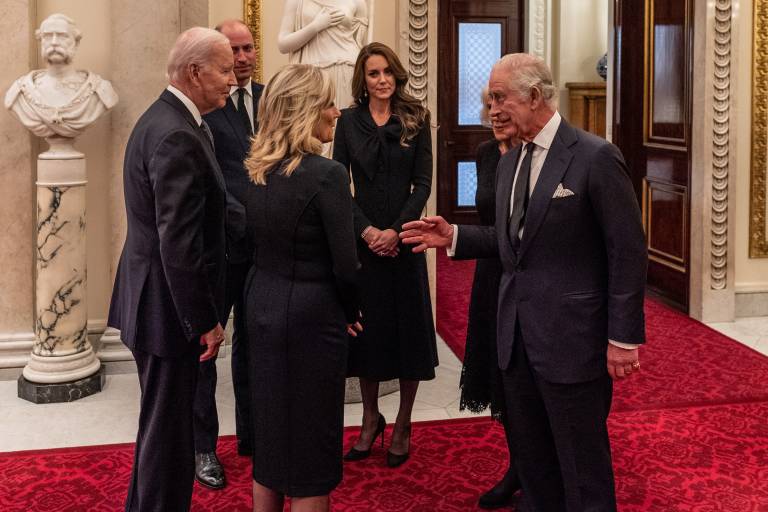Launch of new report: Future Challenges for the Monarchy
13 December 2022
In this new report, commissioned as part of the Institute for Government and Bennett Institute for Public Policy's review of the Constitution, Unit founder Professor Robert Hazell outlines some of the key issues and challenges facing the monarchy today.

The Queen’s death has naturally prompted reflection on the role of the monarchy in our political system. The monarchy is tightly regulated by law and by convention. Laws passed by parliament regulate the rules of succession and the institution’s funding. They also prescribe religious tests, provide for deputies in the event of the monarch’s incapacity, and have first abolished and then restored the monarch’s prerogative power to dissolve parliament.
King Charles has very little autonomy in his constitutional role as head of state, but rather more in his ceremonial role as head of the nation. King Charles introduced some important innovations upon accession: in his televised address to the nation, his tour of the home nations and early meeting with parliament. He can also develop his own style through his patronage of organisations and the institutions he chooses to visit.
This report examines the regulation of the monarchy, the extent to which monarchs can exercise their own autonomy and how, and identifies future challenges.
Based on several recent Unit reports and books on the monarchy, Professor Robert Hazell outlines the main challenges which might be faced by King Charles III:
Whether or not the monarchy should remain neutral if the Scottish government succeeds in a future attempt to hold a second independence referendum.
What it will mean for the monarchy’s standing if Scotland votes to become independent
What the future holds for the 14 other countries around the world where Charles is now head of state – though the monarchy may be relieved at the reduction in workload if any realms become republics.
Whether further legislation may be required to appoint more Counsellors of State; and if there are not enough working royals to fill the roles, whether it becomes necessary to appoint non-royals.
Whether the monarch’s religious oaths need to be revised and updated, or dropped altogether, to suit a more secular and pluralist society.
How to remove the risk of the monarch being drawn into political controversy, as in the prorogation crisis of 2019; this could be done by giving parliament control over prorogation, and over its own dissolution.
 Close
Close

